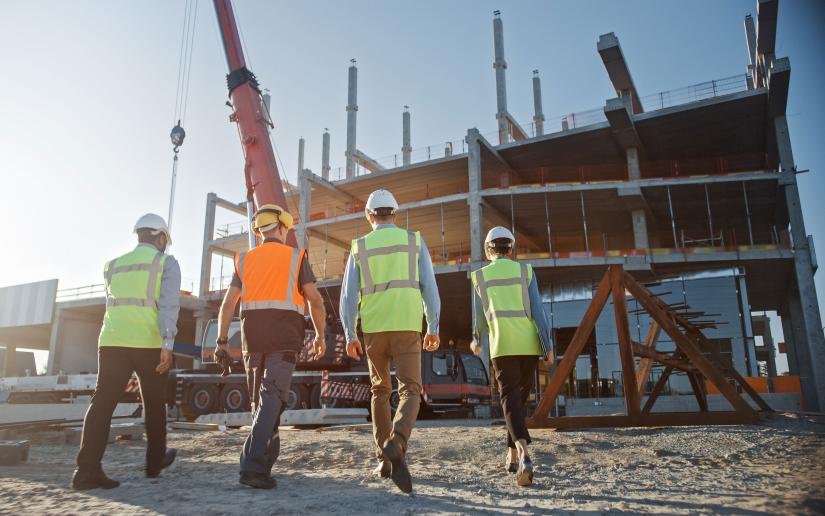A study on whether a five-day week will improve work-life balance in the building and construction industry has found workplace flexibility is a better approach than enforcing a shorter working week.

Picture by Gorodenkoff, Adobe Stock
The Master Builders Association of New South Wales (MBA NSW) worked in partnership with the School of the Built Environment at the University of Technology Sydney (UTS) on the two-year study launched at NSW Parliament House on 30 October.
MBA NSW Executive Director Brian Seidler said there had been a lot of discussion in recent years around whether there is a need to mandate a five-day week in the industry, where people working on-site can for fixed periods be on the job six or even seven days a week.
“Everyone has a right to a healthy work-life balance,” Mr Seidler said. “Workplace cultures that provide employees with a work-life balance represent the foundation of a productive and resilient workforce.
“We need to attract more workers to the industry including women, and to do that we need to make the industry more flexible to suit the diverse needs of the workforce.
“However, this extensive research underpinned by interviews, surveys, and international literature reviews found that universal claims around the benefits of a five-day week should be treated with caution.”
UTS academics Dr Suhair Alkilani and Distinguished Professor Martin Loosemore, who led the research, found that while the need to improve the work-life balance of some people in the building and construction industry was clear enough, it wasn’t clear that a fixed five-day week would produce the beneficial results claimed by its proponents.
“Everyone is affected differently by a five-day week,” Professor Loosemore said. “The jury is still very much out on the pros and cons for different people, projects, firms and clients.
Improved work-life balance for everyone is most effectively and efficiently achieved by providing people with greater and more equal access to flexibility and control over when, where, how and how long they work.
Dr Suhair Alkilani
“Making major decisions on such unreliable evidence, which mandate a change in the working week for everyone is potentially dangerous for those whose lifestyles it doesn’t suit and for many firms and clients who will have to incur the potentially significant economic costs of such a profound change.”
Dr Alkilani said the evidence showed that achieving work-life balance was far more complex than just reducing hours and days worked.
“Our report indicates that improved work-life balance for everyone is most effectively and efficiently achieved by providing people with greater and more equal access to flexibility and control over when, where, how and how long they work.”
The authors argue that If flexibility can be improved across the construction workforce it will remove the main reason for people supporting a hard five-day week and there will be no need to incur the potential risks to individuals, employers and clients of the industry.
Mr Seidler said that while many people would like to work a five-day week, few are willing to work longer hours, take a pay cut or increase their productivity, and businesses and clients are unlikely to share the costs.
“A hard five-day work week may have unintended consequences, including increased risks, costs and time delays impacting workers, employers and clients,” he said.
Mr Seidler noted that although work-life balance can be improved for many in the industry, especially on large inner-city construction sites, the majority reported having an acceptable, good or very good work-life balance.
The report is available for download at: www.masterbuildersindustryresearch.com

